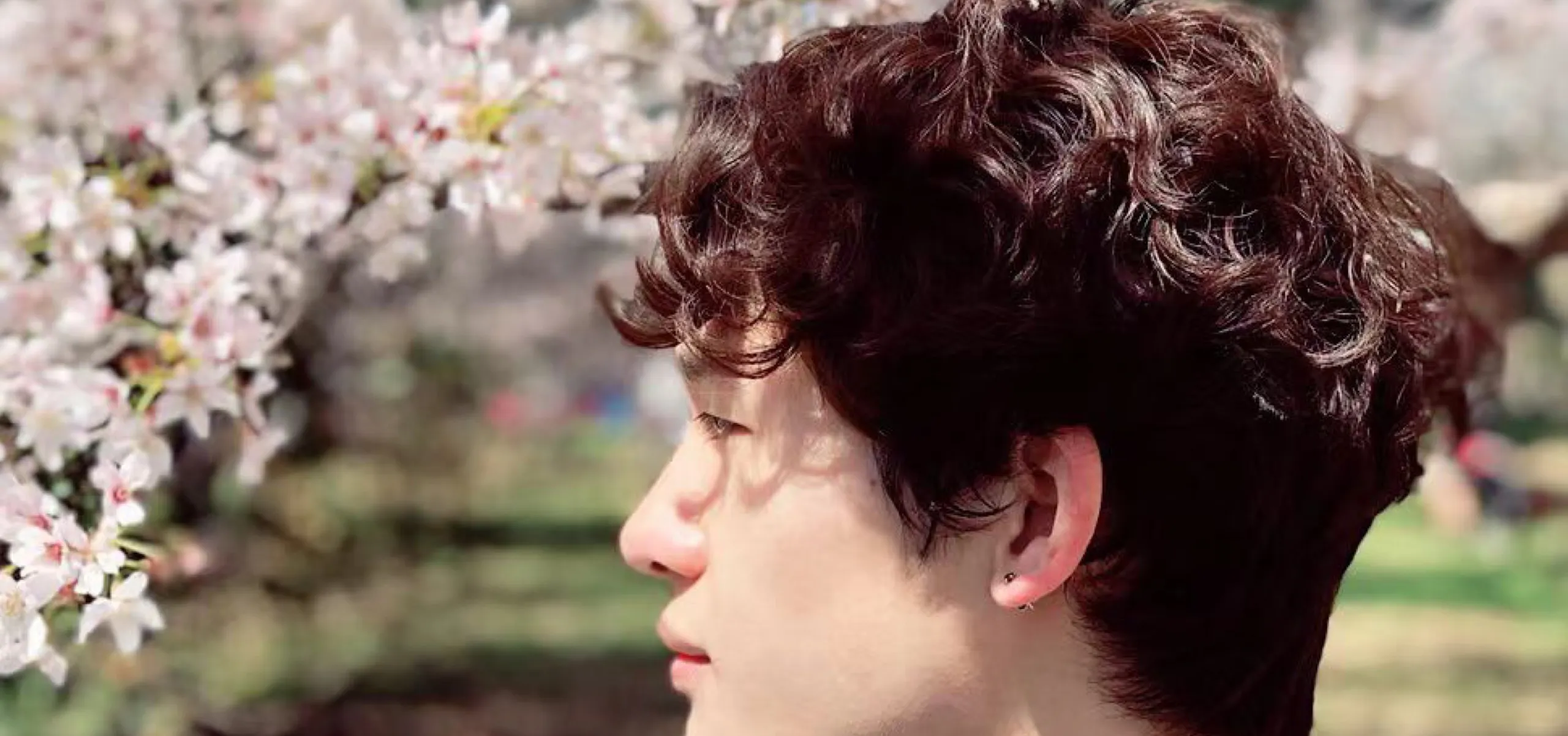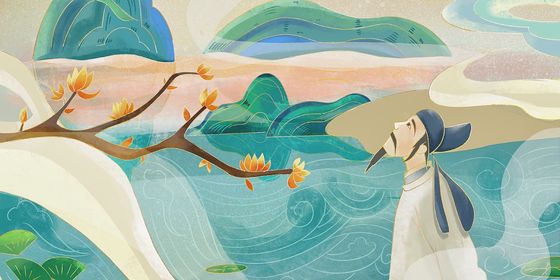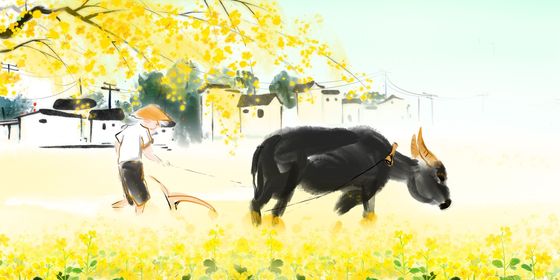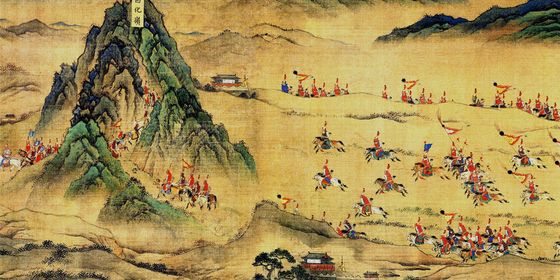“I refuse to conform to this stupidity”: Up-and-coming poet Shangyang Fang talks to TWOC about musicality in verse and not conforming to tropes
Shangyang Fang is earning a reputation beyond his years. Only 26, Fang’s learned and highly sophisticated poetry has captivated readers around the world, and earned him the favor of Copper Canyon Press (a leading publisher of new poetry in America, whose published collections have garnered three Pulitzer Prizes and four National Book Awards).
His debut collection, Burying the Mountain, was published this October, making him one of the youngest poets to ever be published by the press.
A recent graduate with an MFA in poetry and fiction from the Michener Center at the University of Texas at Austin, Fang grew up in Chengdu, moved to the US for college at age 17, and is now a Wallace Stegner Fellow at Stanford University. Fang talked to TWOC over WeChat about his poetic journey, aesthetics, and experiences (and struggles) with American publishers.
What motivated you to begin writing poetry?
Shangyang Fang: I wanted to make sense of the world using language. I wanted to converse with spirits and ghosts from the past, and continue conversing with those alive when I inevitably become a ghost in the future. I remember as a child sitting in my father’s office, trying to fit my childish speech into the rhythmic and tonal pattern of the ci [a form of poetry developed during the Song dynasty (960 – 1279)]. When I arrived in the US, in the mammoth snow of an Illinois night, out of loneliness and with a fountain pen, I tried to trace the movement of snowflakes falling and vanishing beside a streetlamp, to sketch out that darkness and light.
I wasn’t trying to write a book. There were scattered words and I tried to collect them; they became poems. Most of the ones in Burying the Mountain were written when I was at the Michener Center, but some date back to the beginning of my college years, when I was still stumbling among these alien alphabets.
To what extent are your poems based on your own life?
I tend not to make personal experiences the subject of my work. I am exhausted by having a personal life, so in my work I try to explore things other than that. But all poems do have anchors in reality. My question for a poem that deals only with one’s personal experiences would be: Yes, we started here and now in real life with a cup of cheap coffee and a scrap of teeth-grinding baguette, but what’s next? Where would this moment take me? How does an individual consciousness transform this moment of life, these materials of life?
I like poems that take me on a venturous ride and arrive at places unimaginable before. A poem is an exploration, an odyssey of the mind. But reality is where we take off from and must carry with us. Without it, the journey would lose its message. In some of my poems, I tried to integrate the fragmented, sensual details of my experiences with the doubling threads of consciousness. Writing about a moment in life sometimes is to arrest that moment and ask it to germinate and branch into moments unlived, which is pretty much how lyricism works.
Where do you find inspiration?
[Twentieth century American modernist poet] Wallace Stevens said, “the poem is the cry of its occasion.” The occasion could be various—a party, a moody evening, a reluctant ride to work, overhearing a conversation at Starbucks, or it could be as simple as you being interested in a peculiar word. But then where that leads to remains a mystery. Writing a poem is like opening a door onto darkness, you follow unseeable stairways to ascend or to descend, you jump, you stumble, you crawl, and the path might lead you to a lighthouse or an escarpment, and that’s what makes it exciting to me.
Some Chinese artists working in the US have stated in interviews that they felt they were being “limited,” advised when creating their work to stick to something distinctly “Chinese” rather than adopting their own style. Have you encountered similar concerns?
I’ve faced similar circumstances and believe I will continue facing them, but it is not for [editors] to define what “Chinese” means. Once, a white male editor of a very prestigious magazine explicitly asked me to write more about my hometown, my mother, my identity, and immigration. He thought my poems are not “Chinese” enough, whatever he thought that means. But later, when he read “轰隆隆 Is the Sound of Thunder,” a poem with all kinds of classical Chinese allusions, imageries, philosophies, and even characters, he commented that I was imitating Ezra Pound [an American modernist poet who incorporated Chinese poetry into his work]….You see how stupid this is. I refuse to conform to this stupidity.
The Western gaze, the “limitation,” is always there, an obstruction in one of its many forms, and artists must overcome it. But the feeling of being “limited” is subjective and we can surpass it. It is within our power to choose not to fit into those tokenizing shoeboxes they give, tagged and priced. That might mean an arduous path ahead. I will write about my own identity and story when I feel it is truthful and inevitable; otherwise, it might just be performative, dishonest, or pleasing the white gaze. We must free ourselves from the promises and curses of others.
You sometimes use ancient Chinese literature as inspiration in Burying the Mountain. Did it feel like a process of translation at any point?
I am obsessed with Chinese poetry; it’s in my bones. But writing in a foreign language, I try not to make my native language a shackle, nor a wing. It’s more like a parallel, a shadowy friend walking side by side.
I did translate some Chinese texts and contextualize them in my work. But the whole process of writing never felt like translation. I do think, in some early writings, I tried to transpose and mimic the rhythmic patterns of ci in English, but that didn’t last long. Then I wrote “轰隆隆 Is the Sound of Thunder,” venturing to marry the music of both languages. That’s also a onetime thing. I tend to not repeat myself.
I would resist the kind of reading that reads too much into the author’s past. If there’s one thing that remains a crucial role on this topic of language, then it must be the music of all languages—music (the rhythm and rhyme of words, but also sighs, laughter, stammering, or crying) as the binding force of human understanding, music as the reservoir of memory. Indeed, that’s one reason rhyme was invented in the first place—to remember.
You mentioned in a 2020 interview with Accent Society (重音社) that “one must keep their own stylistic and aesthetic integrity to not be assimilated by an institutionalized, systematic taste and way of thinking.” How do you keep yourself from compromising your own style to please the mainstream?
This is a very sharp question. I remain very skeptical of any institution, but also grateful to have been assisted by many. I don’t think there’s a conflict there. As institutions are generously endorsing artists, they’re also inevitably curating specific tastes. The institution is interested in nothing but to perpetuate themselves. I like what Hemingway said: “Organizations for writers palliate the writer’s loneliness but I doubt if they improve his writing.”
I do think that one’s style and aesthetics can be, in fact must be, changed according to the artist’s growth—in my case, I am constantly challenged by friends. There’s nothing wrong to want to please the mainstream: People have different motivations to write, and that’s okay if it keeps someone creating work. I don’t want to [please the mainstream], because it’s not how I am. And it’s against why I started to write, but that’s personal.
To always think of oneself as an industry outsider might help to maintain integrity. Then I’ll be able to do what I want to do. I think any artist who chose to participate in this vegetated, non-lucrative field of creativity has pure passion at the start. But to maintain that purity is a challenge. I remember when I was at the Michener Center, [Chair of Poetry] Dean Young listed the greatest challenges an artist faces: A. Getting their work done. B. Maintaining their soul. The best way to accomplish B is by doing A.












